
Here I have described how you should make your career plan. These are some of those factors you have to do to achieve the goals you have dreamt of. Step by step process to make an amazing career plan
1.) LEARN REGULARLY SOFT SKILLS
2.) Learn about Leadership
3.) Adapt Critical thinking
4.) Adaptability
5.) Teamwork approach
6.) Mastery of hard skills
7.) Mastery in Technology
8.) Data Management
9.) Research skills
10.) Financial Planning
11.) First focus on short-term goals
12.) Long-term goals
13.) Write your action plan
14.) Maintain your list
A successful career is like a marathon. You keep running and running. You can meet darkness in your life. Some days may also be full of joy. All you need is to keep going. Because there is no fixed destination for a successful career, it is the journey that gives you everything you have always desired for.
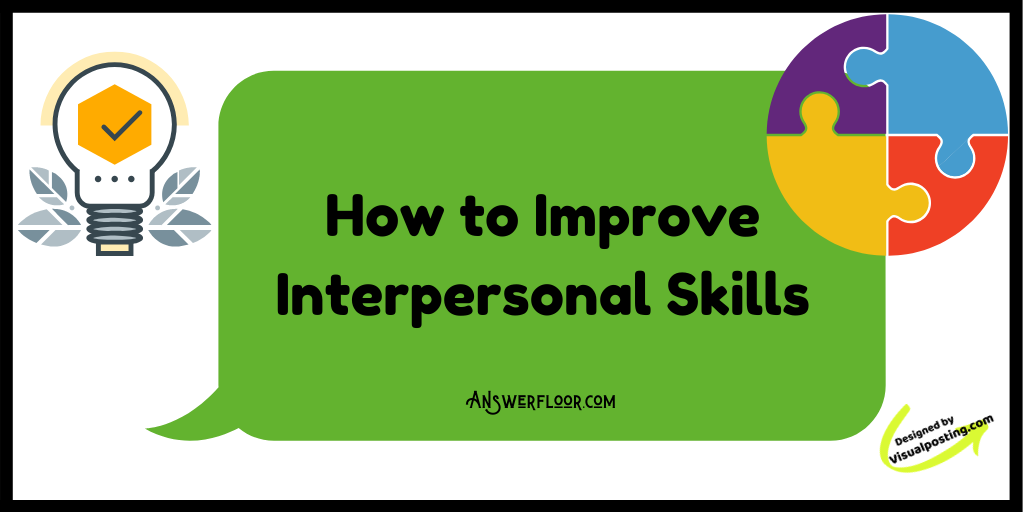
20 Tips for building and improving your Interpersonal Skills
1. Be a good listener –
2. Accept People –
3. Be the Happy person –
4. Don’t be a Complainer –
5. Encourage People –
6. Be Positive –
7. Good communication is a must –
8. Let go of the Ego –
9. Appreciating Others –
10. Constructive Criticism –
11. Team Building –
12. Taking Initiatives –
13. Accepting the Blame, Taking Responsibility –
14. Be Honest –
15. Speak Up –
16. Good Verbal Communication –
17. Tolerance & Patience –
18. Respect –
19. Socialize well –
20. Live and Let Live –

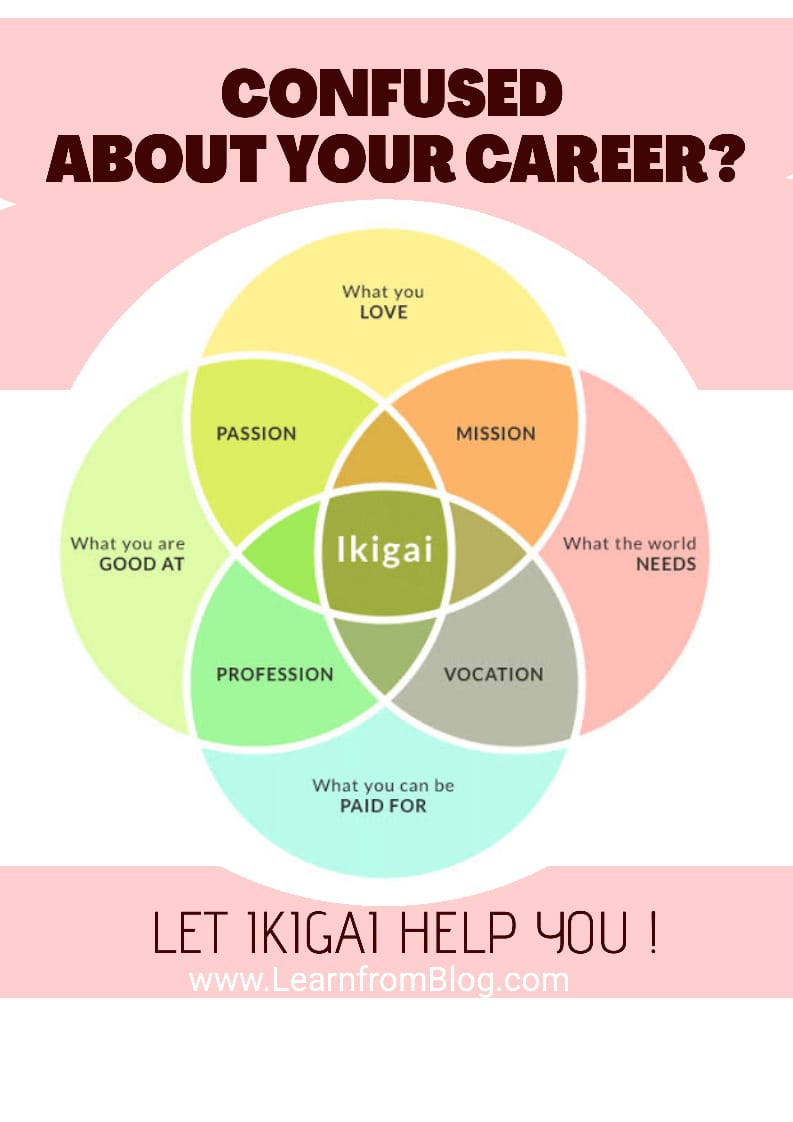
Ikigai which literally means ‘a reason for being’, is a popular Japanese technique that focuses on your life choices & helps you discover your true potential.
In today’s world, where you have to make thousands of decisions per minute, it’s impossible to excel every time at it. Talking about career choices - the pressure of doing something meaningful in your life makes the process more stressful. Sometimes, even after choosing one career in your life, you realize it’s not what you love! Hence, to avoid such an existential crisis and to find something that is your TRUE PASSION, the Ikigai diagram proves to be a real-life savior.
Ikigai divides your Career Choices into 4 basic fundamental questions. You must ask yourself these questions, especially before choosing your career. Let’s start-
1. What do you LOVE?
2. What you are GOOD AT?
3. What can you be PAID FOR?
4. What the WORLD NEEDS that You can provide?
Do you know the answers? Hurray! You are already on the rath path; let’s make it more clear. As ‘more Clarity’ means ‘more Excellence.’ So, these questions help you differentiate between passion, mission, profession & vocation of your life. As the circles indicate
If you LOVE to do something and You’re GOOD AT it too, then it’s your PASSION.
If you are GOOD AT something and You also get PAID FOR it, then it’s perfect for your PROFESSION.
If you LOVE to do something and the WORLD NEEDS it too, then it’s your MISSION of life.
If the WORLD NEEDS something and you also get PAID FOR it, then Viola! You found your VOCATION.
The real culmination of all these choices lies in the center that signifies your existential purpose in life.
Learning skills are a sure way to boost your career. While some may learn skills as part of a hobby, others learn it to boost careers. Investing in self-learning is a great way to get started. It helps you stay ahead of others. Additionally, you gain knowledge. From the time we are kids, we learn skills particularly every day. We absorb information and implement them in our lives. Similarly, as we grow up, we strive to gain knowledge. On the other hand, it allows you to have new experiences. Let us look at some benefits of learning new skills at work.
1. Keeps You Busy
When we have free time, we tend to laze around. Hence, it is best to keep yourself busy all the time. Learn a new skill that will help you in your career. Working the same job five times a week can get quite boring. Learning new things can make life more interesting. Look up online for multiple skills that you can learn. Additionally, this will also boost your skills and improve your career.
2. Makes You Adaptable
Learning makes you more open to new things. A new skill gives you a new experience which will open your road to opportunities. Additionally, with the current work scenario, you can adapt well. You become much open-minded. On the other hand, you learn to deal with different types of people at work.
3. Boosts Opportunities
Gaining skills gives you the flexibility to choose a different career option. Since you are aware of the required skills, you can try to pursue them. Additionally, it could give you a chance to earn more money. On the other hand, you can boast of a skill set that will make you stand out from the rest.
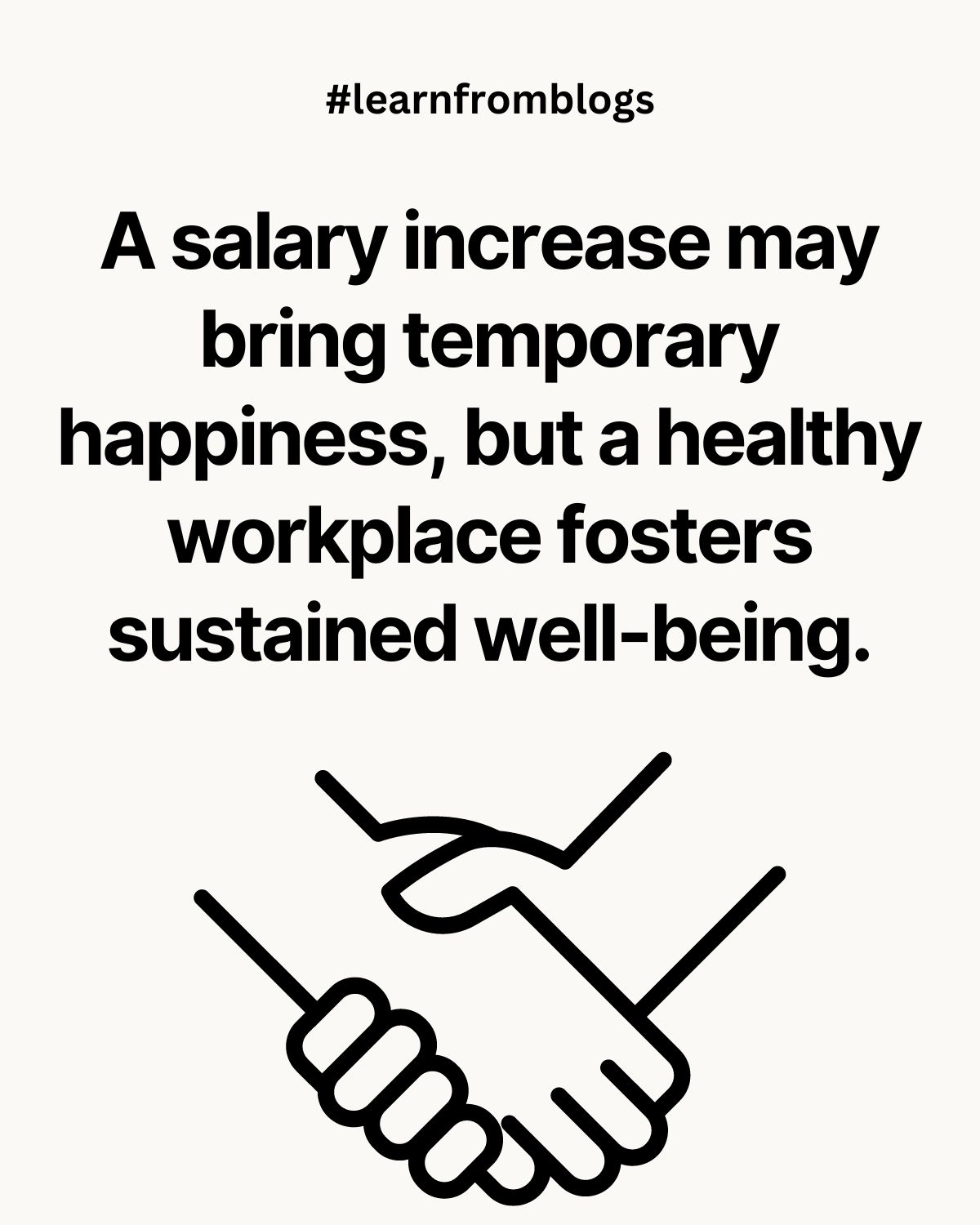
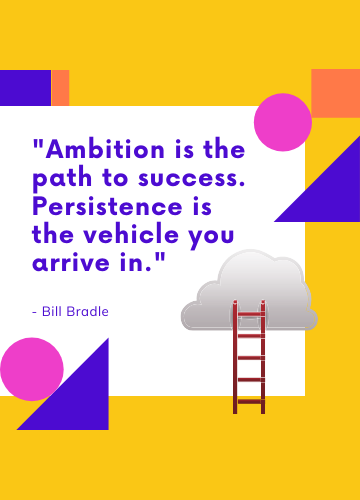
According to reports, you spend a total of about one-third of your life at work. Hence, it is wise to choose a job that you love. You can choose if you wish to work the normal 9-5 job or if you wish to own a business. However, all that matters is your happiness. Whatever field you choose, aim for heights. Make the best use of your opportunities. Read on to know some simple tips on how you can boost your career.
1. Ask For Feedback
If you really want to know your position, it is best to ask your boss or seniors how you fare. In other words, ask them for honest feedback. This is one of the ways you can rate yourself. Additionally, you will also know what your strengths and weaknesses are. It will help you work on these issues and improve yourself. Alternatively, if you are out of a job, you can ask your previous colleagues about your skills. Work on building them and improving yourself.
2. Get Rid Of Procrastination
Another way to boost your career is to get rid of procrastination. However small the task may be, get it done right at the moment. Make sure to never delay tasks as that could result in an overload. A great tip to get rid of procrastination is to make a daily schedule of what work you would like to complete. Break tasks into smaller portions as they are easier to complete.
3. Take Online Courses
Just because you have a job does not mean you cannot take up online courses. There are multiple online sources wherein you can improve your skills.
The skills used while interacting with others are called as interpersonal skills. They are involved in soft skills. These are important for employment decisions. These can make or break your career. Interpersonal skills are those which we use every day. There are a large number of skills involved in interpersonal skills. The main focus is on communication skills like listening and speaking. These skills are the foundation for success in life. People with great soft skills can get along with other people easily. This leads to a friendly atmosphere. There are many types of Interpersonal Skills. A few of them are :
Communication Skills
Communication skills are valuable. It is important to possess good communication skills. Developing communication skills can help you in all aspects of life. The ability to transfer information is vital. Doing so effectively is even more valued. Employers always look for people with good communication skills. As this skill can build you an entire fortune. These skills should never be underestimated. Communication can be verbal and nonverbal.
Emotional Intelligence
Emotional intelligence is also known as EI is an important interpersonal skill. It is a relatively modern concept. People with higher EI have a better grip on their own emotions and psychological state. IQ has no correlation with EI. It is the ability to manage your own emotions along with the emotions of others. Employers look for people with higher emotional intelligence since it is of value.
Teamwork
Working together with people towards the same goal is teamwork. People who know to work with others are valued. Their leadership skills are strong. They know what task to assign to whom for acquiring the goal. It increases responsibility and loyalty. It motivates people to work harder.
Find out the importance of interpersonal skills in fostering effective communication and building relationships. Enhance your social competence for success.
What are Interpersonal Skills?
Interpersonal skills are defined as the skills that help you communicate with others. It lets you connect with people in a group effectively. These skills include a variety of skills but the most common ones being communication and listening skills.
It also includes the ability to control and manage emotions. It is a common fact that interpersonal skills are the foundation for success. Your listening and speaking skills are of great importance in an organization.
Individuals with great interpersonal skills are known to blend well with other people. They are known to make friends easily. Additionally, they share a good trust factor with clients and colleagues. Besides, this also improves your personal and professional relationships.
Why Are Interpersonal Skills Important?
Individuals spend a majority of their time at work. Hence, it is important to build a good relationship with your colleagues and seniors. You will be required to communicate with a wide range of people in an organization. This is where interpersonal skills play an important role.
- Interpersonal skills help in developing sympathy and understanding of others better. An individual always needs to be aware of the situation and react accordingly.
- Interpersonal skills improve relationships and build trust.
- These skills should be given importance right from school. Students need to be emphatic towards others and treat their teachers with respect.
- Employees should be respectful of their seniors. They should win the trust of their clients and customers.
- Students should learn the art of patience. They often lose patience over small things. Interpersonal skills will help them overcome this weakness.
- Interpersonal skills include leadership skills. This is the skill that helps individuals learn how to lead teams in an organization.
The skills that help you interact with people and communicate with others is called interpersonal skills. Some of the basic skills that are included are active listening, motivation, flexibility, responsibility, leadership motivation, dependability, and multiple others. In an organization, these skills are of great importance. Additionally, they help you carry about daily tasks.
Great interpersonal skills help during the interview process. This is because these skills help you work well with others. It helps you to adjust and connect with people of different types. For example, a software developer may need to work on certain codes. However, if they face any problems, they can take help from their friends at work. This will result in getting the best product in the market.
Active Listening
Active listening is the skill of gaining information. It means to avoid any kind of distractions. Additionally, this requires you to turn off laptops and not use cell phones.
Leadership
Leadership skill is a skill that helps you make important decisions. Powerful leaders have strong interpersonal skills. They are known to lead a team with great efficiency.
Empathy
An individual should always be aware of the surrounding situations. This means understanding the needs and feelings of others. Employers hire compassionate employees for a positive organizational environment.
Motivation
Motivation is the act of being positive towards any job. Lack of motivation can lead to a negative environment. Additionally, individuals with strong motivational skills are known to have a positive impact on an organization.
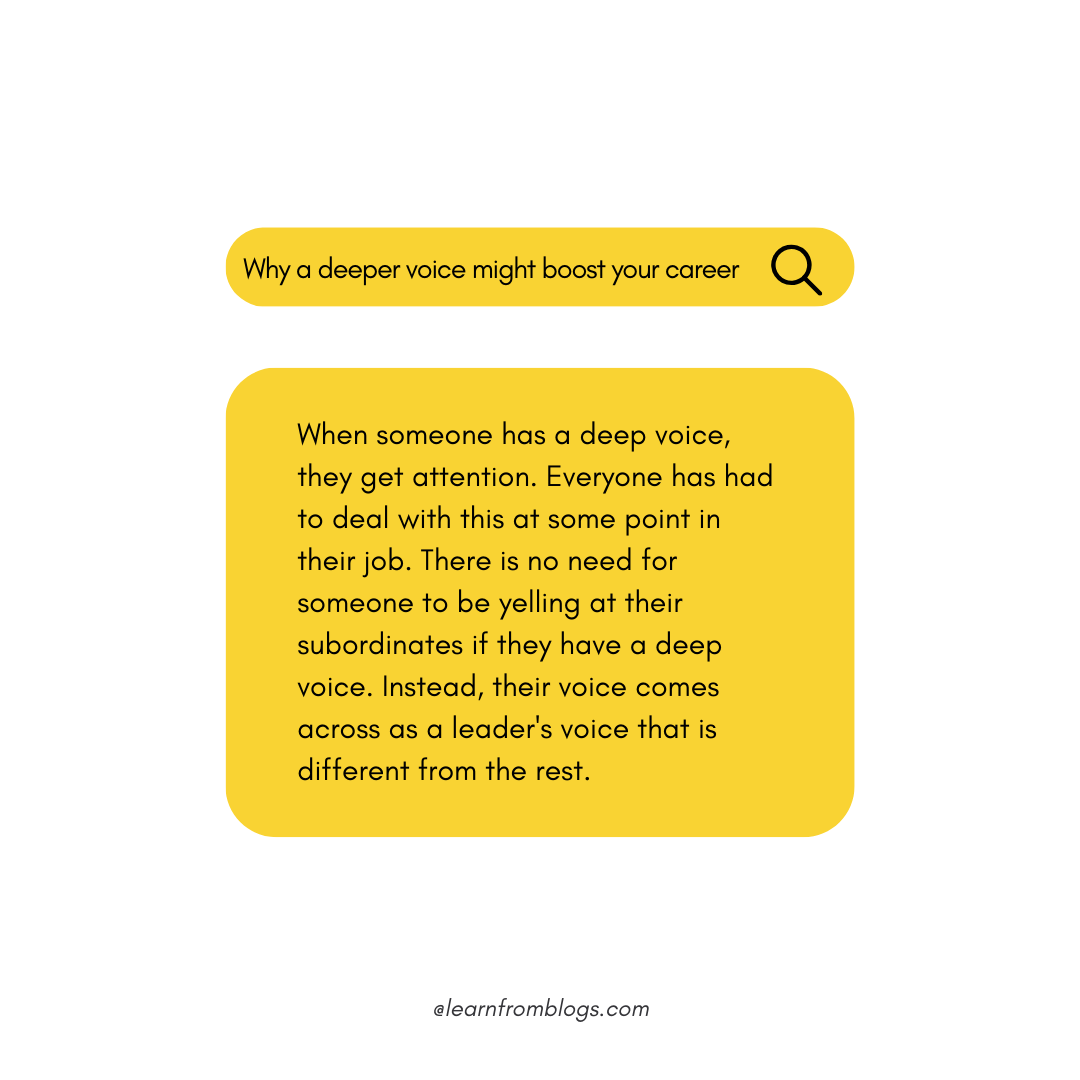

An employee is expected to be a professional in the workplace. So what are the skills that an individual has to inculcate? Some of these skills include being punctual, leadership skills, time management among others. These skills ensure you are in the spotlight.
Additionally, this will help you in boosting your career options as well. Let us have a look at some professional skills that will improve your life.
1. Public Speaking
Almost every job today requires the skill of public speaking. You may need to give presentations. Besides, you will be expected to speak during meetings. Hence, this is a skill that has high importance. An individual is expected to know how to talk and express well. Your speech should be clear and should have a confident tone.
2. Leadership
This is a valuable skill that an individual can possess. It does not matter in which organization you work for. Leadership is an essential skill that helps you to lead a team. There are multiple skills that go along with leadership. For example, if you a leader of a team you need to be accountable. There will be situations where there will be pressure. But in such times, you need to be calm.
3. Time Management
As a professional, you need to handle a variety of tasks. This is where your time management skills come into use. Besides, make sure to never procrastinate. Delaying work in an organization can have negative effects.
Do you wish to be successful in your career? Who doesn't? We all wish to be known for our work. But the road to success isn't as simple as it sounds. There are some basic rules that you need to follow to achieve success. Success is not based on luck.
However, it is simply your hard work that counts. Other factors include patience, determination, and passion.
Here are some tips that you help you find success in your career. Make sure to follow them regularly.
1. Work Hard
This one is the basic point that needs attention. Only hard work can guarantee success. Besides, work hard in the right direction to achieve your goals. Though it might as a small thing, it has a great impact on your career. Additionally, have the right mindset to find success. The journey may take you six months or five years. However, never give up on your rules.
2. Set Goals
One of the easiest ways to reach success is to sort your goals. Make short term and long term goals that will help you. These goals will define what success means to you. Furthermore, setting goals will give you enough motivation. It will give you a clear picture of what to expect. Additionally, also write down ways to achieve these goals.
3. Surround Yourself With Successful People
Your company or group of friends has a large impact on your mindset. Hence, it is important to spend your time with successful people. This energy and positivity will give you much-needed motivation. Additionally, you can also learn a lot from such people. This also helps with networking and knowing people.
Preparation for any reason is of utmost importance. When you prepare for a job interview or work on other skills, you are halfway there. We all have different goals and ambitions. The way to achieving these goals might be different. However, what stays permanent is hard work associated with it.
Here are tips to achieve your career goals faster.
1. Plan
The first step to achieving your career goals is to plan. A well thought about the plan will give you the necessary motivation for success. Additionally, you will also have an idea on how to get work done. Get a book and write down your plan for the next six months. Furthermore, break your plan into small portions. This will help in achieving them easily.
2. Patience
The road to success is full of difficulties. But here you need to be patient enough for things to work out. Hard work often pays you rewards. However, you need to give it time. You might fail a hundred times but be patient. Face challenges and make use of every opportunity that comes your way.
3. Positive Mindset
There is a famous saying that goes "What you sow, so shall you reap". Feed your mind with positive thoughts and you shall see the difference. A positive thought process will give results. Stay focussed and be patient. Additionally, remember to never give up.
These three tips will help you achieve your goals. Everyone follows a different way to achieve success. Find out what works for you and be regular.
It is always tough to make choices when it comes to careers. There will be a number of difficulties in your way. However, there is a ton of information that is available on the internet. Yet, a lot of information can also be overwhelming. There isn't a set rule for success. You can mix up advice to see what works for you. Various combination factors will help you to improve your career in a good way. Let us have a look at some of the easy success factors that will change your life.
1. Don't Procrastinate
Do things now. Never learn the habit of procrastinating. This is the first step to success. Never delay your work. Moreover, make sure you are always up to date with information. If you are a new employee, you need to set a good reputation for yourself. This will give a good representation to your seniors. It does not matter how big the task is, start now. This will also enable you to gain trust from managers.
2. Be An Observer
Always be an observer. In other words, keep notice of what is happening around you. However, it does not mean to gossip or be nosy. It simply means to stay clear of politics. Be aware of what is taking place in the organization. Every office has its own way of working. This will help in understanding people better. Additionally, it will ensure you get along with others too.
3. Get Networking
You might be new to your organization. However, that should not stop you from forming networks. Start knowing your co-workers. You can have lunch together to know one another. However, make sure you do not compromise on the quality of your work.
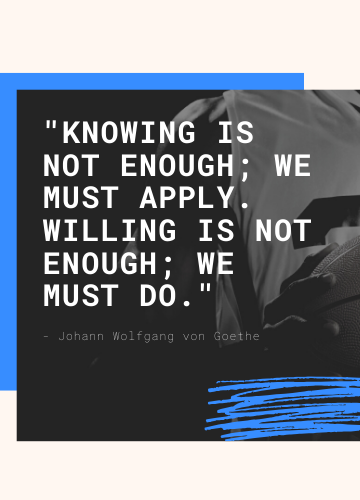
What Is A Long Term Career Plan?
Goals or plans can be categorized into short term or long term. A short term goal can be completed within six months to a year. On the other hand, a long term plan can take two to five years. Long term goals can be divided into multiple short term goals. This makes it easier to complete. Furthermore, long term goals have many short term goals as well.
Ways To Boost Your Chances Of Achieving Goals/Plans
1. Have Realistic Goals
Before you make goals, make sure they are practical. Do not set goals that are beyond limits. Your goal might be to be successful. In addition, you also need to specify how you wish to be successful. Success has different meanings for everyone. Hence, be specific with your plans or goals.
2. Set A Time Plan
Every goal or plan you set must have a time frame. In other words, your goals should have a specific amount of time dedicated to it. Ensure you complete your goals within time to achieve the rest.
3. Be Positive
While setting long term career plans, be positive with your thoughts. Additionally, be clear about your actions. Instead of thinking "I will be stuck with this job forever", try thinking " I will work on my skills to get a better job". Being positive does wonder on your mind.
4. Be Flexible
On the road to success, you might face difficulties. Thus learn to be flexible. If plan A does not work out, try a different plan to complete your goals. This will help in reaching your long term goals faster.
What are soft skills?
Soft skills are defined as the skills that display your characteristics. Some of them are planning, organizing, communication, teamwork. These are the skills that help you work and connect with other people.
How can you improve soft skills?
There are a number of ways you can improve your soft skills. Let's look at some of them.
1. Take An Online Course
There is nothing you can't find online. Do your research and you will find many sites that offer online courses. These will improve your soft skills in no time. Some of the sites that offer soft skills courses are Udemy, Coursera, edX with multiple others. You can find other sites too.
2. Get Feedbacks
This step is an honest way to work on your soft skills. Once you are aware of your weaknesses, you can improve them. Ask your friends, colleagues, or seniors for an opinion. Tell them to give sincere feedback for the same. Additionally, this will help you to work on your relationships too.
3. Get A Coach
There are certified coaches that help you to work on improving skills. This is one of the most reliable methods that will give you instant results. Before getting a coach, also look at the budget of the same.
There are multiple ways that you can improve your soft skills. Learn to be accepting of your weakness. Only then shall you try to improve your skills. Be self-aware and reflect on your actions.
Professional skills in the workplace are important. It is what employers look for in employees. They are also called soft skills. These are skills that are not visible. You just possess these qualities. These are intangible skills that help you in life. Soft skills cannot be taught in a class. You cannot record these skills on paper. These skills are crucial for your career. Soft skills have value. They begin the human connection. It is an important part of career coaching. They help build relationships with co-workers. Soft skills can be categorized into many. Few of them are :
Communication
Communication is an important soft skill. Both verbal and nonverbal communication is necessary. Productivity increases with communication. Being clear is good communication. Being concise is important too. Knowing what you want and saying that is communicating correctly. Communication also involves body language. Expressions play a part too. Understanding and being understood is a crucial part of communication.
Teamwork
Teamwork is an essential soft skill. You need to know how to work in a team. Today, many jobs involve working in groups. Employers are always looking for someone who can lead others. Someone who can bring out the best in others is valued. Many people working together leads to success. Teamwork builds a friendly office culture. Being able to communicate with others strengthens the quality of work. Working with others in a professional environment is teamwork. Lack of teamwork can create tension in the office.
Problem-solving
Problem-solving is the glue of employment. It means finding solutions when faced with major setbacks. Logically finding a solution is problem-solving. It is a skill which is of high importance. Using past experiences to solve problems is of value. Additionally, employers always look for problem solvers since it can benefit their company.
Good communication skills are a must when it comes to a workplace environment. They are useful in all levels of an organization. Great communication skills help to achieve productivity.
Additionally, they maintain healthy relationships. Employees who give communication importance will easily build trust among other people. Besides, such people are trustworthy too. Individuals with good communication skills are valued in any type of organization. This skill is also important during interviews. If your communication skills are good, then your interviewer is sure to be impressed. Let's look at how communication helps in an organization.
1. Strong Management
When managers are great at communicating, they manage their teams better. It becomes easier to lead teams. Furthermore, such teams have great productivity. Communication is not just the ability to speak but share your thoughts too. Hence this skill plays a huge role in an organization.
2. Team Building
Great communication helps us to build a strong team. A team is defined by its employees. Hence, a great team is one where they unite with each other. Additionally, they should also connect well with one another. In teams where there is no communication, they lack basic skills. They may find it difficult to share ideas or thoughts.
3. Creativity
When employees are given a chance to communicate, they express better. Each one of them gives their valuable input which gives rise to creativity. Thus, organizations require great ideas which are only possible when employees communicate.
These are some of the advantages that help due to communication. Organizations are always on the lookout for employees who have great communication skills. They are valued and respected for these skills. You can work on your communication skills and master them.

What are soft skills?
Soft skills are defined as the natural characteristics of an individual. They may include personality traits, personal attributes, and communication skills. Soft skills are as important as hard skills. However, they are often ignored. It is a fact that hard skills will get you a job, but soft skills will help retain it.
Additionally, soft skills are qualities or emotions that help you with your job. Some examples of soft skills are teamwork, communication, problem-solving, time management, etc.
Why Are Soft Skills Important?
Communication with people requires soft skills. Soft skills are used every day at work. Besides, you can also work on building these skills. This will help you with the quality of the job.
Additionally, it will enable you to build better relationships at work. On the other hand, a lack of soft skills can affect your job too. Soft skills are required to deal with customers and clients.
Poor skills can cost you your job. You need to have great communication skills. Though hard skills are important, soft skills are considered crucial. Recruiters today look for soft skills in candidates. However, soft skills can be built over time. Some of the most demanded soft skills are teamwork, creativity, organization, social skills, and interpersonal communication. Though an individual may not have all of these qualities, yet they can learn them. Developing soft skills can improve your work culture. Additionally, it will help you in multiple ways possible.
Soft skills are traits that aren't taught in schools. They are the natural characteristics of a person. However, in today's market, soft skills are as important as hard skills. Soft skills are valuable as well as important in the workplace. This includes the ability to deal with people.
Additionally, it defines your relationship with clients. While hard skills are taught, soft skills are tough to learn. However, it is not impossible to learn them. All you need is the mind to teach such skills.
Let's look at an example of how soft skills have a direct link to your job. Sara and Keisha are fresh graduates who have recently landed new jobs. The office timings are from 9 to 5. Sara reaches the workplace by 8.50. She is at her desk by 9, starting her work.
On the other hand, Keisha rushes in at 9:03. Their jobs consist of dealing with customers all day long. An angry customer gets in touch with Keisha. She arranges for a refund for the customer.
Meanwhile, another furious client gets in touch with Sara. She looks into the matter to find the customer is happy with the service but has some other issues. She helps them clear issues. The client is happy with the customer service and promises to make bigger purchases the next time.
Here, it can be clearly seen that good soft skills helped Sara retain clients. On the other hand, Keisha loses a customer. This is how soft skills affect your job.
Soft skills are the underlying skills a person should have. These are the skills that help an individual do his/her best. Soft skills in a workplace are also called as employability skills. These are the types of skills that will help you stand out.
Let's look at some of these important skills.
1. Communication Skills
No matter what kind of job you are in, you need to have good communication skills. This is important because it helps you convey things better. Additionally, it also enables you to make conversations easier. You are able to ask or tell things much clearer.
2. Problem Solving
Nearly every job you do, there will be difficulties or problems. That is where problem-solving skills become important. These skills involve you to come with logical solutions for problems. This skill is much valued and appreciated.
3. Teamwork
Teamwork is the ability to get along with other workers in the group. If you have great teamwork skills, then it has an advantage. You can build your teamwork skills by doing group projects or studies.
4. Technology
It is fairly difficult to work without knowing how to use technology. Every work involves knowing different levels of technology. Hence, it is important to know the basic usage of computers. You can build your technology skills by doing an online course. Besides, you could learn what is necessary for your job.
These are some of the most basic soft skills that you need to develop. Not only these, but there are multiple other skills that include planning, organizing, self-management, and others.
Here are the six tips which will help you to lead in your career:
1. Have a career plan:
Set goals and set the plan for it.
2. Take career risks:
Having risks will help you to grow in your career. This will help you to lead.
3. Choose one thing that is most important in your next role:
Think about the future and find out what is more important for you. Later, work for it and try harder to live that role in real.
4. Market yourself, but stay on theme:
When you work for your dreams, market yourself. Let people know about you and your work, this will boost your success.
5. Don't be afraid to ask for what you want:
Ask for what you want. If you don’t ask, you can’t grow, so go ahead and ask.
6. Put yourself forward to be developed as a leader:
Don’t get afraid or don’t have any self-doubt about yourself. Just take part in various opportunities and develop yourself as a leader.



